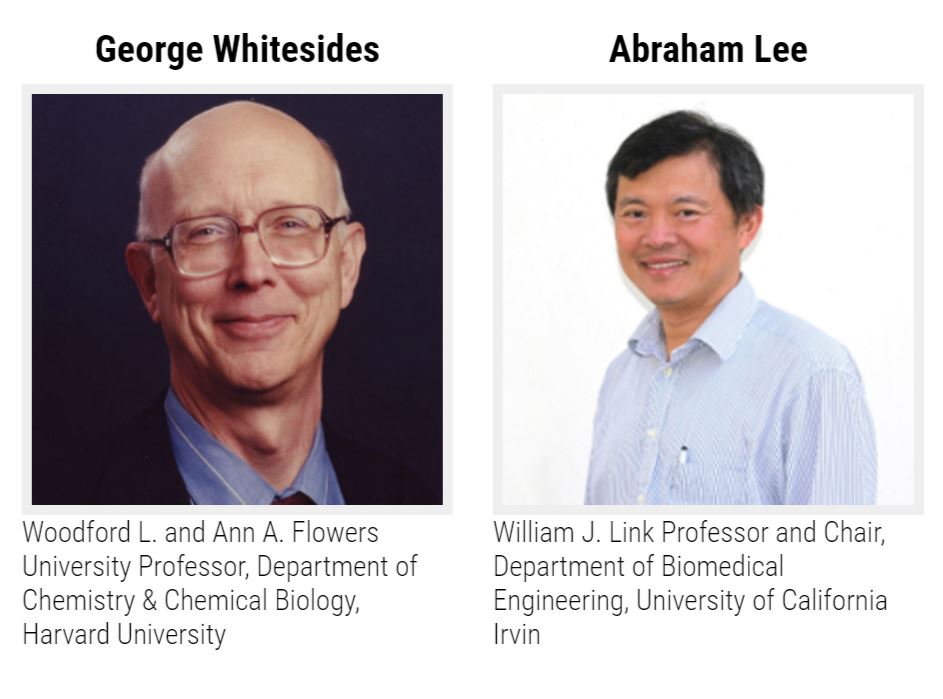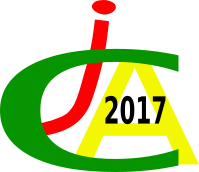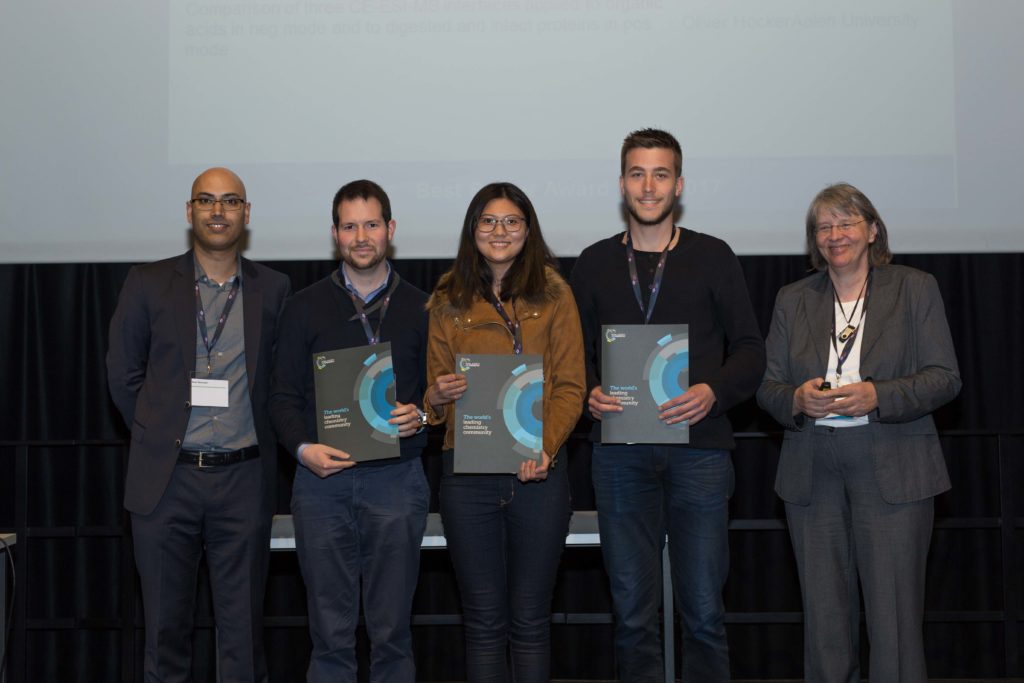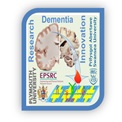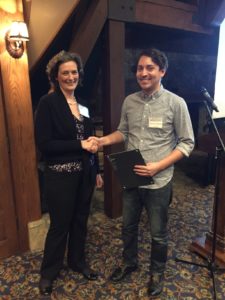Electrochem 2017 will be held at the University of Birmingham, UK, from Sunday 10th – Tuesday 12th September, 2017
The Electrochem 2017 annual meeting is organised by the Electrochemistry, and Electroanalytical & Sensors Interest Groups of the RSC, and the Society of Chemistry & Industry (SCI). In 2017, it will also include the 58th Corrosion Science Symposium, the annual meeting of the Institute of Corrosion (Corrosion Science Division).
The Corrosion Science Symposium has been held annually since its launch in 1960 by Prof. L.L. Shreir. It is an ideal opportunity for students and young researchers in corrosion science from across Europe to congregate, discuss their work, share ideas and, above all, enjoy themselves in a stimulating environment. Contributions are invited in all areas of corrosion science and engineering.
Confirmed speakers:
Faraday medal winner: Professor Marc Koper, Leiden University
Fleischmann lecturer: Professor Stephen Fletcher
Registration closes on Friday 25th August.













